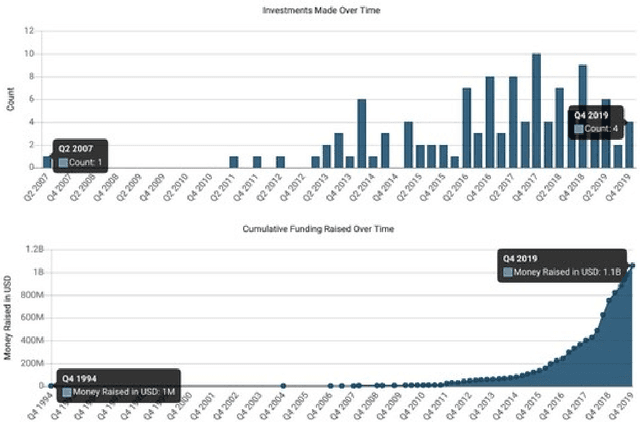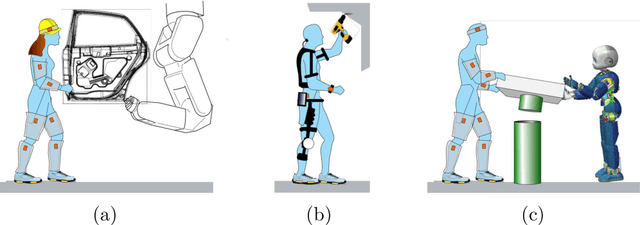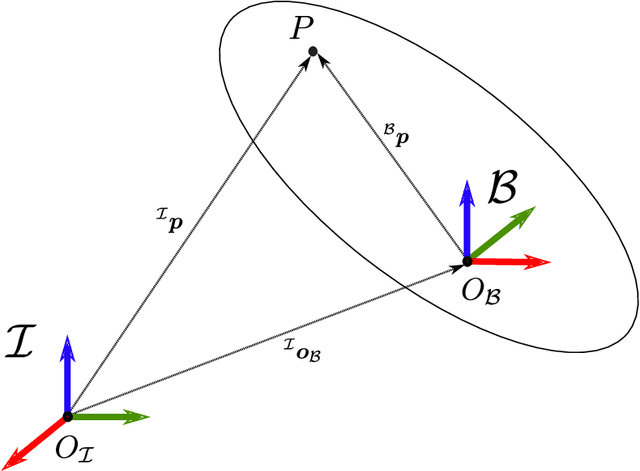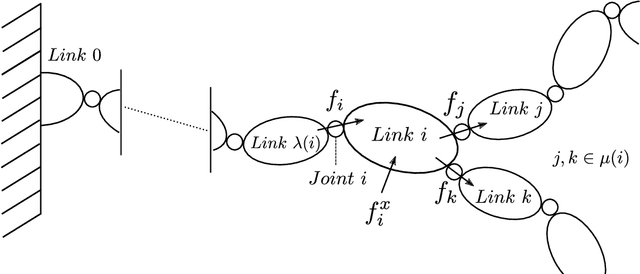Enabling Human-Robot Collaboration via Holistic Human Perception and Partner-Aware Control
Paper and Code
Apr 22, 2020



As robotic technology advances, the barriers to the coexistence of humans and robots are slowly coming down. Application domains like elderly care, collaborative manufacturing, collaborative manipulation, etc., are considered the need of the hour, and progress in robotics holds the potential to address many societal challenges. The future socio-technical systems constitute of blended workforce with a symbiotic relationship between human and robot partners working collaboratively. This thesis attempts to address some of the research challenges in enabling human-robot collaboration. In particular, the challenge of a holistic perception of a human partner to continuously communicate his intentions and needs in real-time to a robot partner is crucial for the successful realization of a collaborative task. Towards that end, we present a holistic human perception framework for real-time monitoring of whole-body human motion and dynamics. On the other hand, the challenge of leveraging assistance from a human partner will lead to improved human-robot collaboration. In this direction, we attempt at methodically defining what constitutes assistance from a human partner and propose partner-aware robot control strategies to endow robots with the capacity to meaningfully engage in a collaborative task.
 Add to Chrome
Add to Chrome Add to Firefox
Add to Firefox Add to Edge
Add to Edge